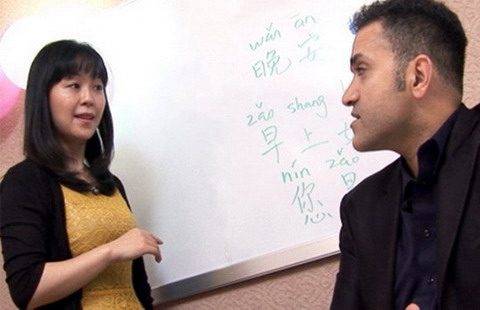Beggar-thy-neighbor taxation policy hurts all
By Wolfgang Schauble (China Daily) Updated: 2014-11-05 07:54Thanks to technical advances in the digital economy, companies can serve markets without having to be physically present in them. At the same time, sources of income have become more mobile: There is an increasing focus on intangible assets and mobile investment income that can easily be "optimized" from a tax point of view and transferred abroad.
Tax legislation has not kept pace with these developments. Most of the tax-allocation principles that apply today date back to a time when doing business internationally primarily meant transporting goods across a border to a neighboring country. But rules that were devised for this in the 1920s and 1930s are no longer suitable for today's international integration of economic processes and corporate structures. They need to be adapted to the economic reality of digital services.
In the absence of workable rules, states are losing revenue that they urgently need in order to fulfill their responsibilities. At the same time, the issue of fair taxation is becoming more and more pressing, because the number of taxpayers who make an adequate contribution to financing public goods and services is decreasing.
The resulting tensions between national fiscal sovereignty and the borderless scope of today's business activities can be resolved only through international dialogue and uniform global standards. Within the European Union, permitting groups of states to forge ahead with joint solutions to issues that can be addressed only multilaterally has worked well in the past. If such measures prove successful, other states would follow.
This approach can also serve as a global governance model for resolving international problems. In today's world, even large states cannot establish and enforce international frameworks on their own. Groups of countries still can. This has been demonstrated in the context of financial market regulation; it is starting to become clear with regard to the regulatory framework for the digital economy, and it is now being confirmed in the area of taxation.











